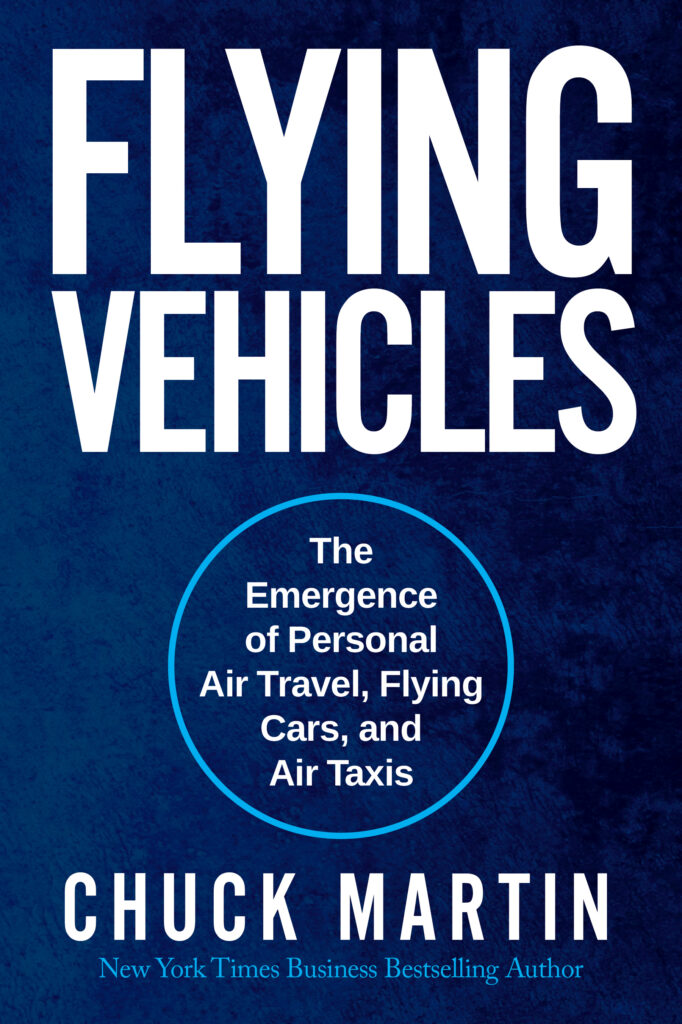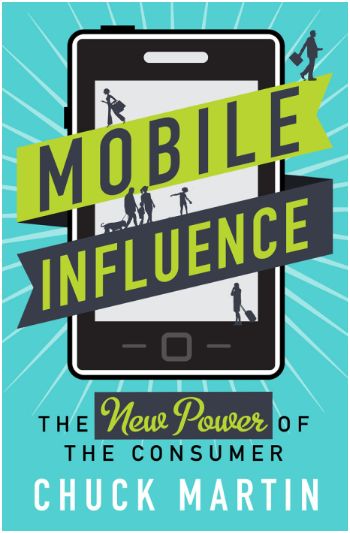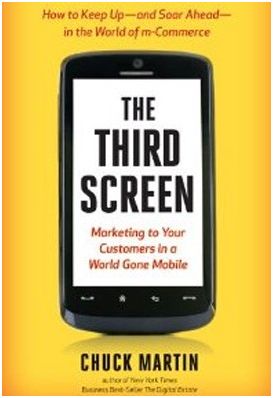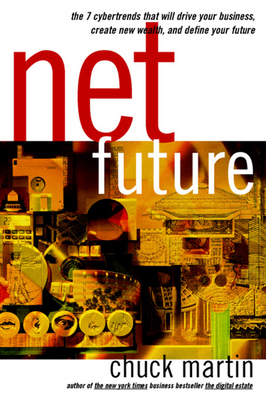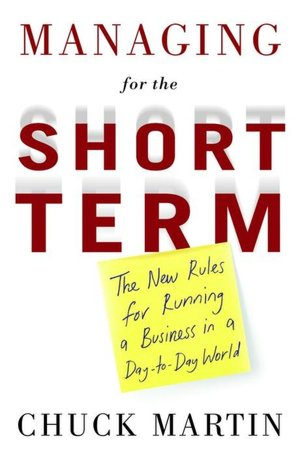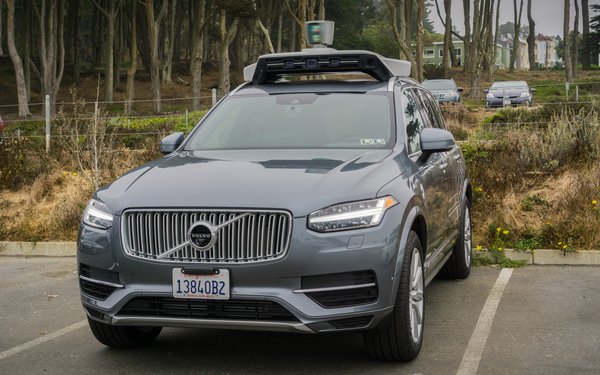
By Chuck Martin
Consumers are becoming more aware of connectivity in cars, even if not knowledgeable about those that are self-driving.
There are really two aspects of the future of vehicles: connected cars and autonomous cars, those that can drive themselves without a human behind the wheel.
We had a robust discussion about this on a panel discussion I moderated at the third annual Synapse Summit held in Tampa, Florida, this week, where more than 7,000 attendees explored the state of tech innovation in Florida.
While most new cars are becoming connected, fully self-driving cars are likely around 20 years away, said panelist Jason Eichenholz, co-founder and chief technology officer of Luminar Technologies, a leading LiDAR (light detection and ranging) company that provides sensing technologies to companies including Volvo, Toyota, Volkswagen and Audi.
Rather than individual ownership of autonomous vehicles, Eichenholz suggested ride-sharing services are where the initial action will be as transportation is reimagined.
He suggested a future where a person drives to a highway and then automated driving is switched on until time to get off the highway, when the driver takes back control.
Aside from the autonomous vehicle development going on by automakers and tech companies, consumers still don’t trust self-driving cars, said panelist Matthew Nasworthy, Florida public affairs director of the AAA Auto Club Group.
AAA regularly conducts studies measuring the consumer appetite of self-driving cars, which it consistently finds is not yet there.
The more realistic future is increased connectivity in cars, such as more sophisticated infotainment systems, sensing technology to monitor and predict traffic signals and other systems to assist, monitor and alert drivers.
As was made clear at the Synapse Summit, the near-term focus is more on assisting drivers rather than replacing them.


